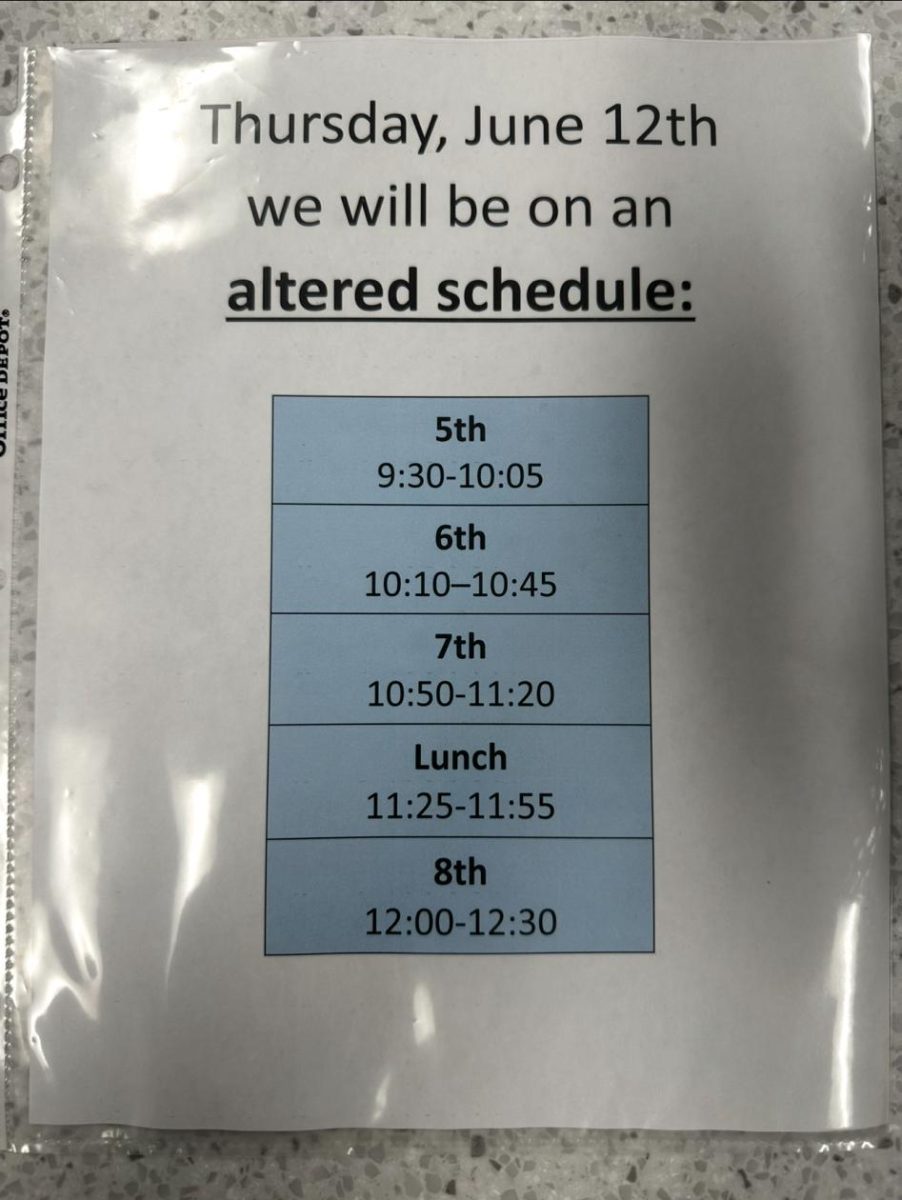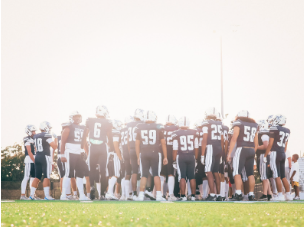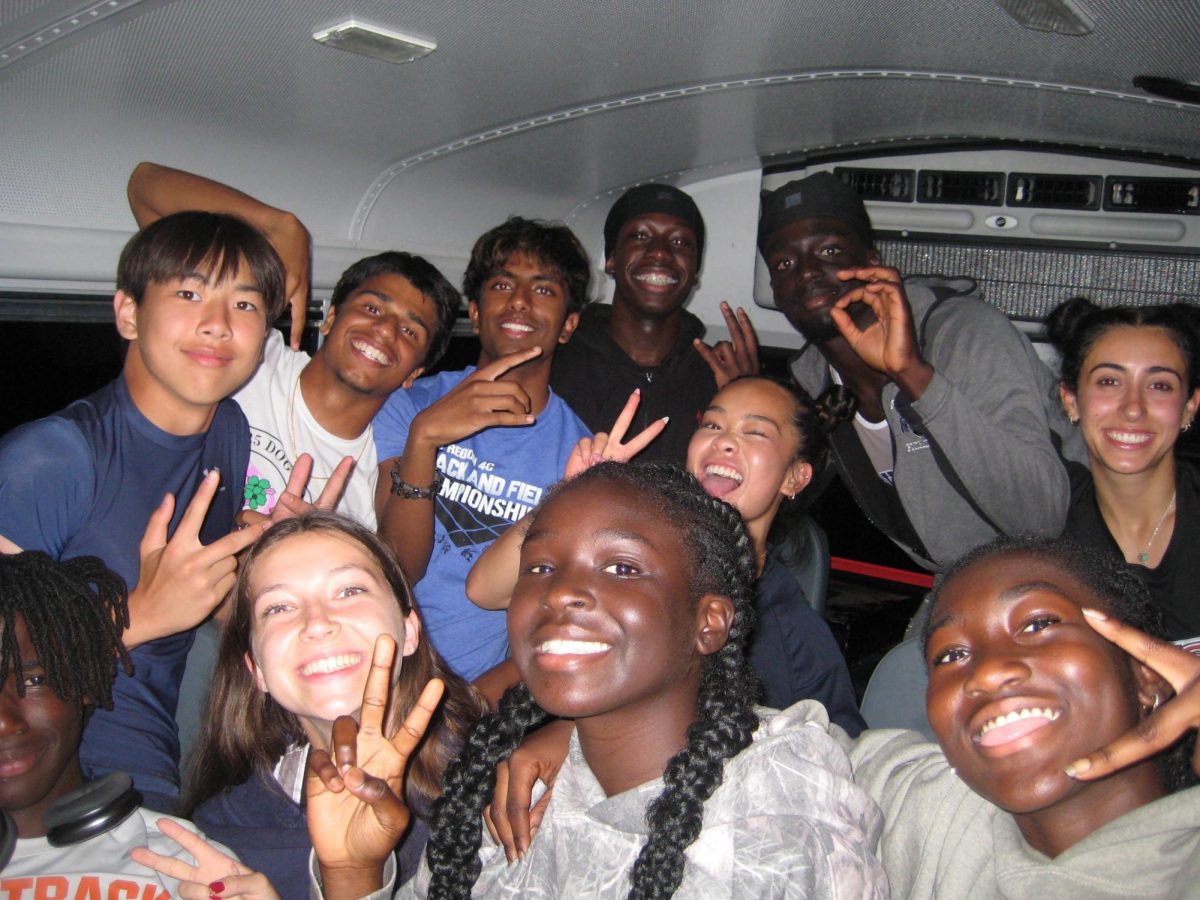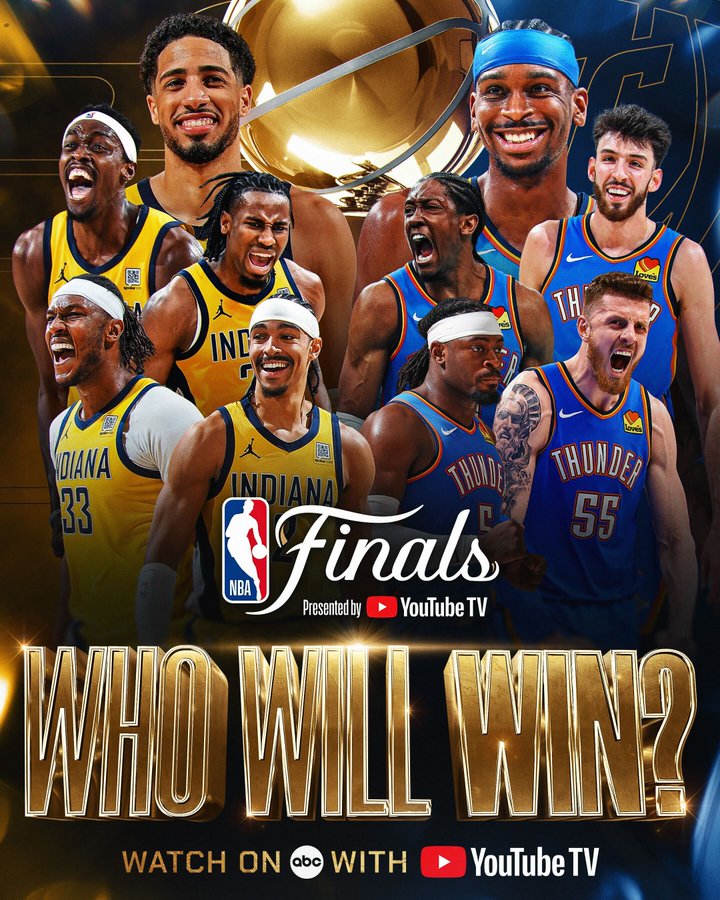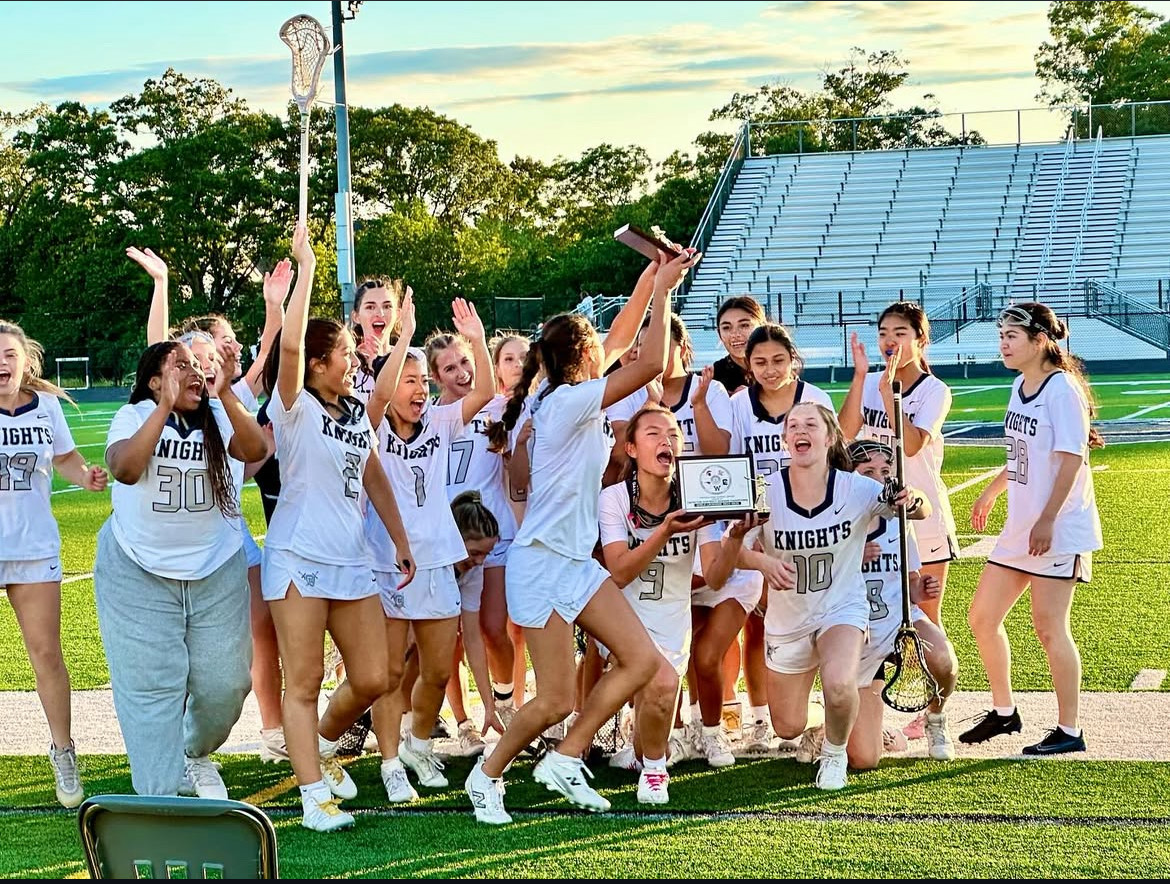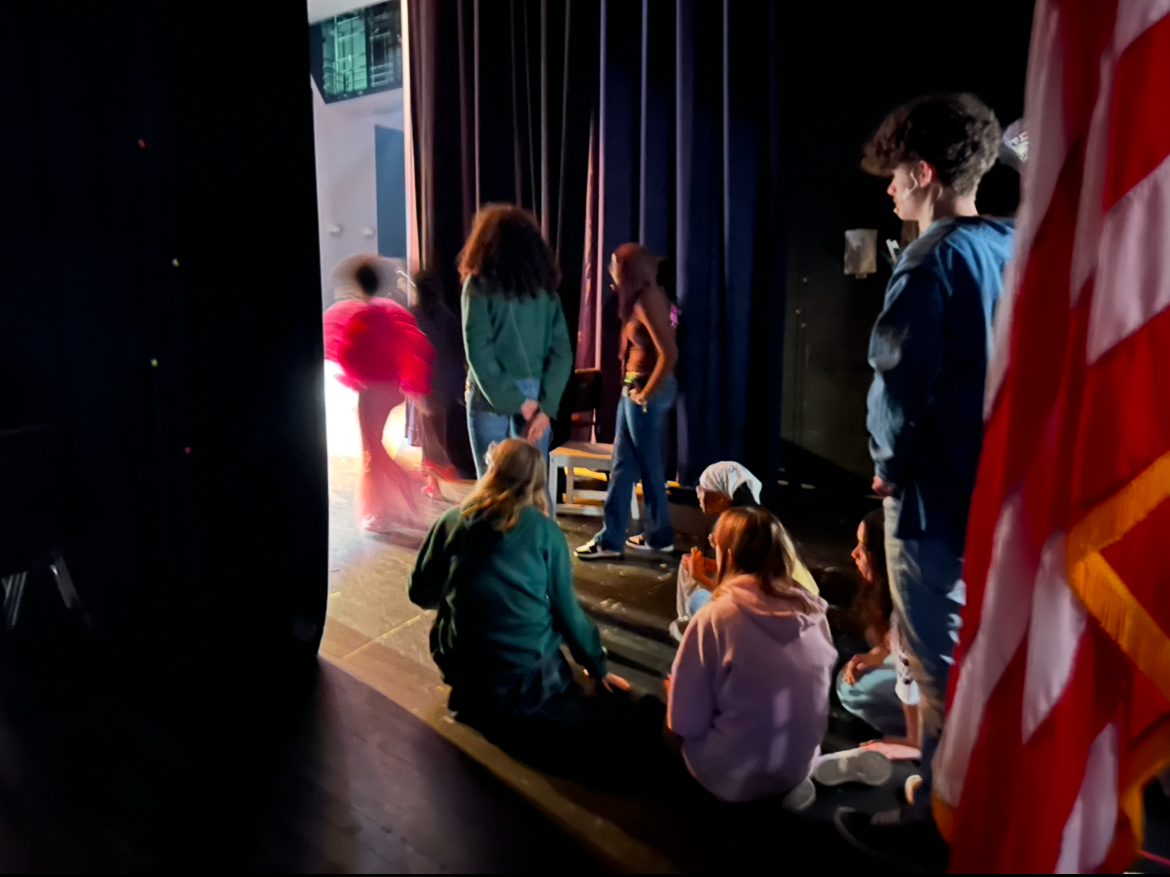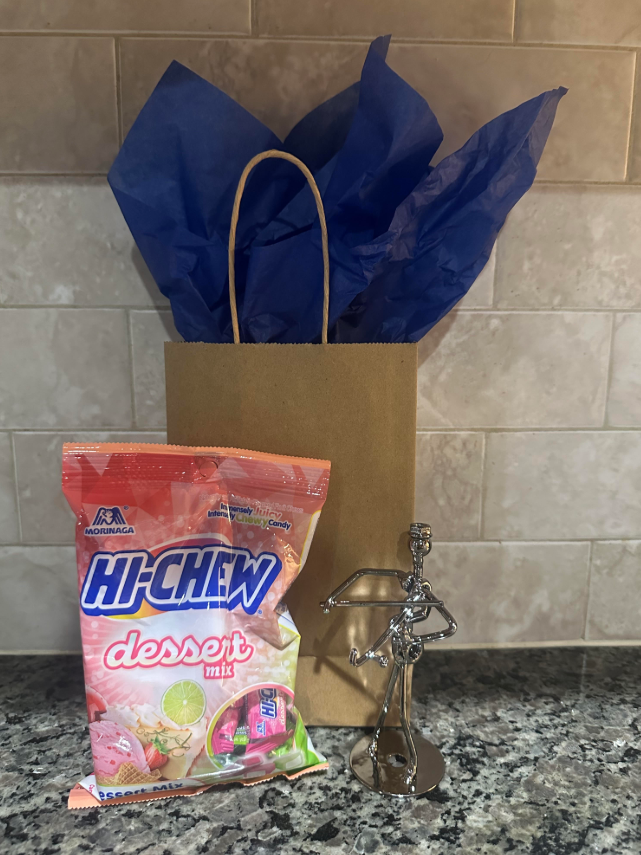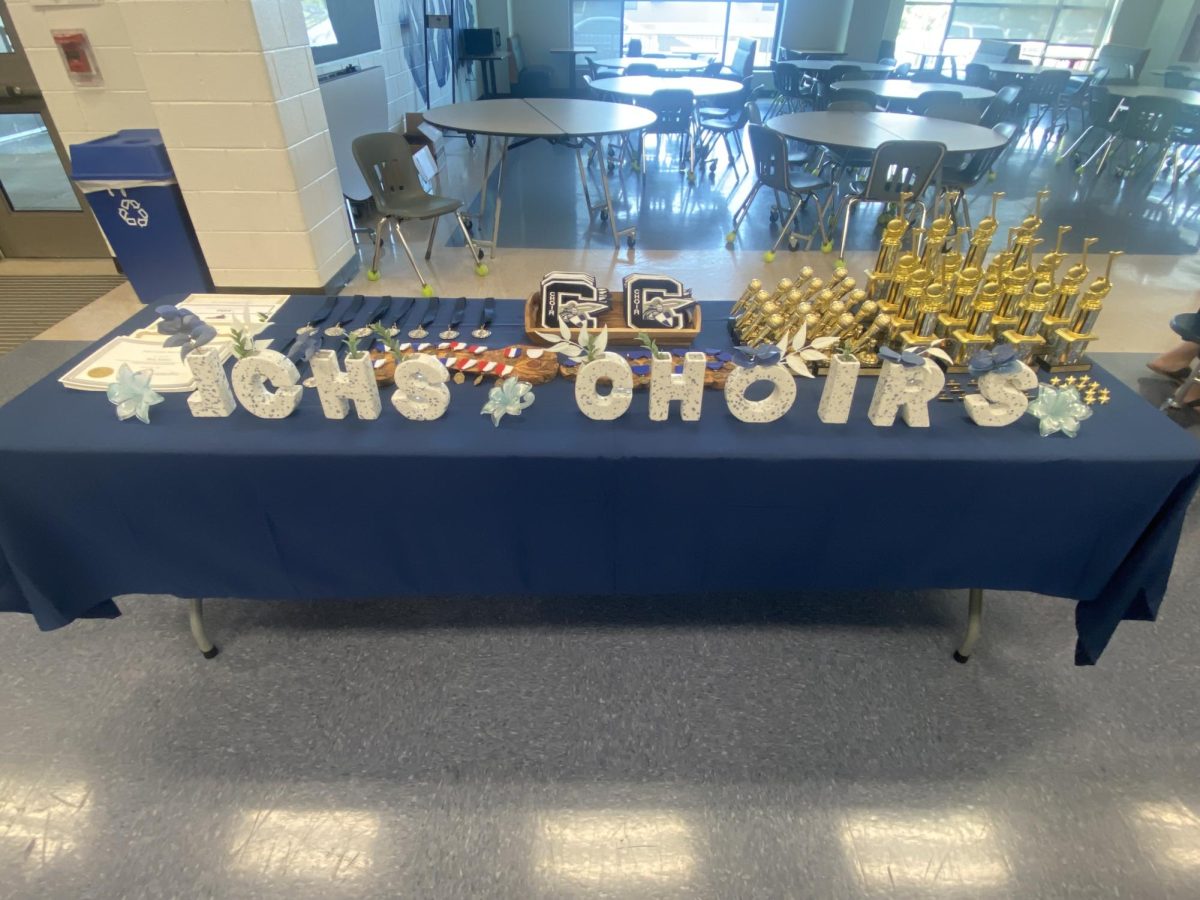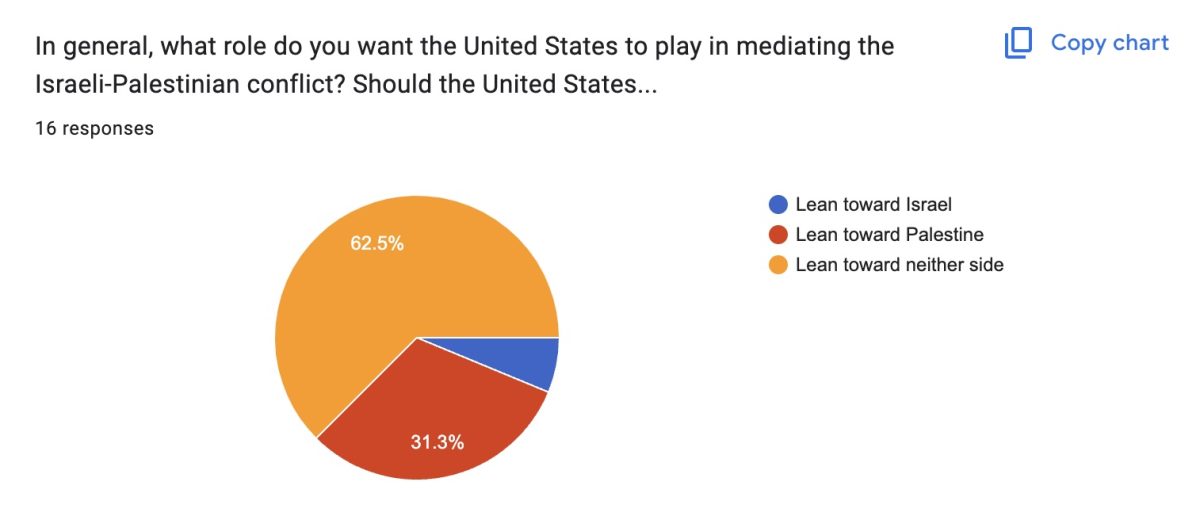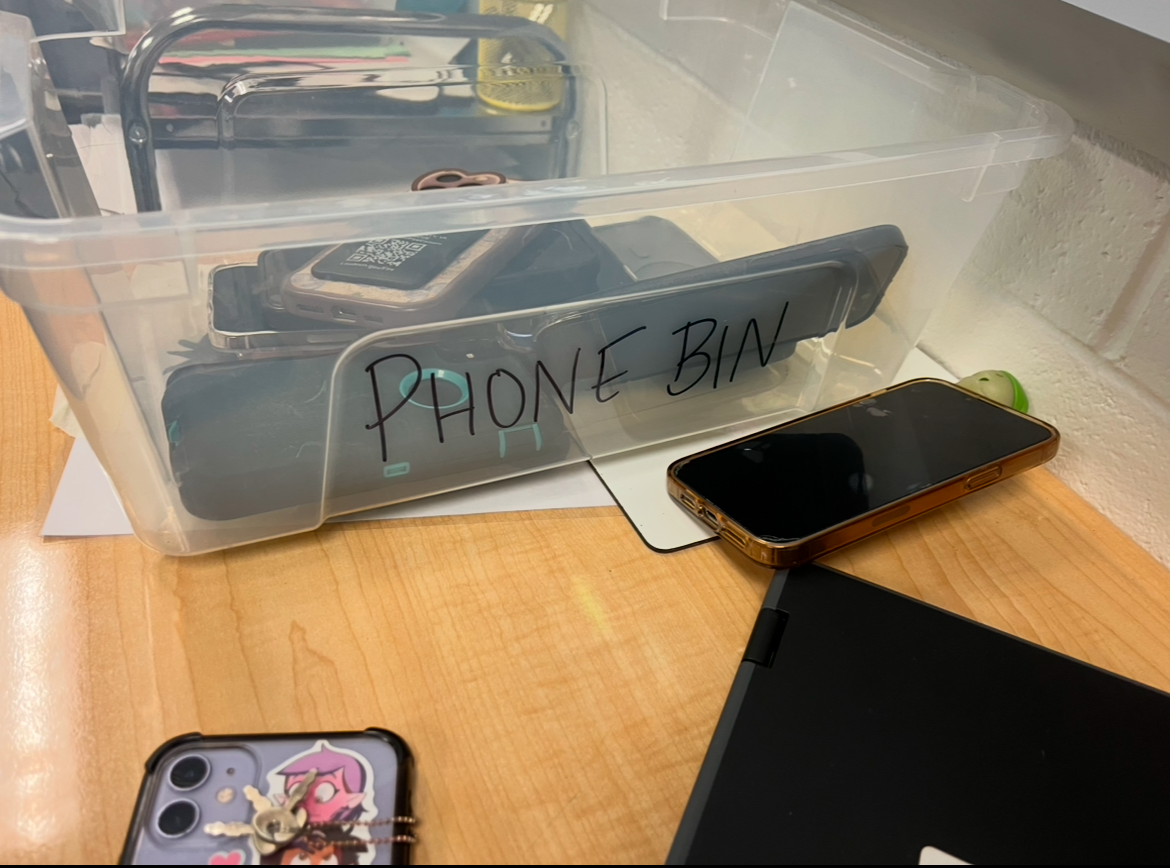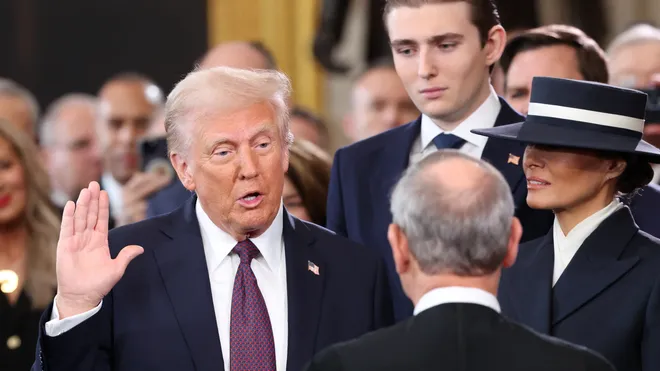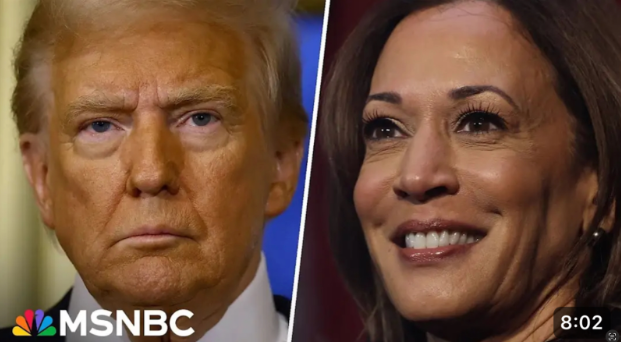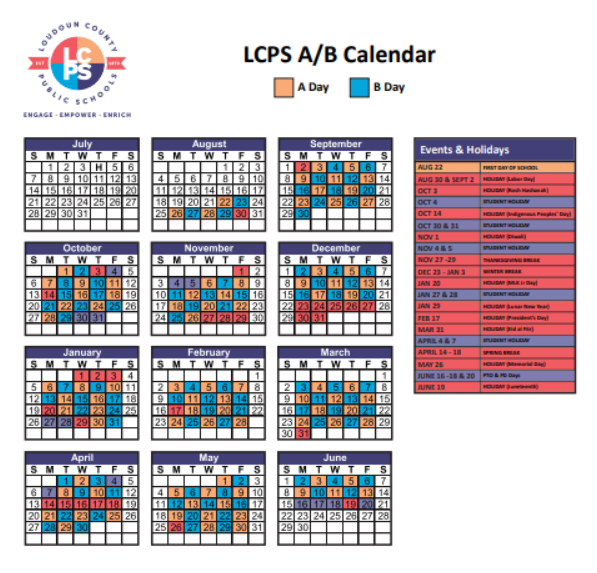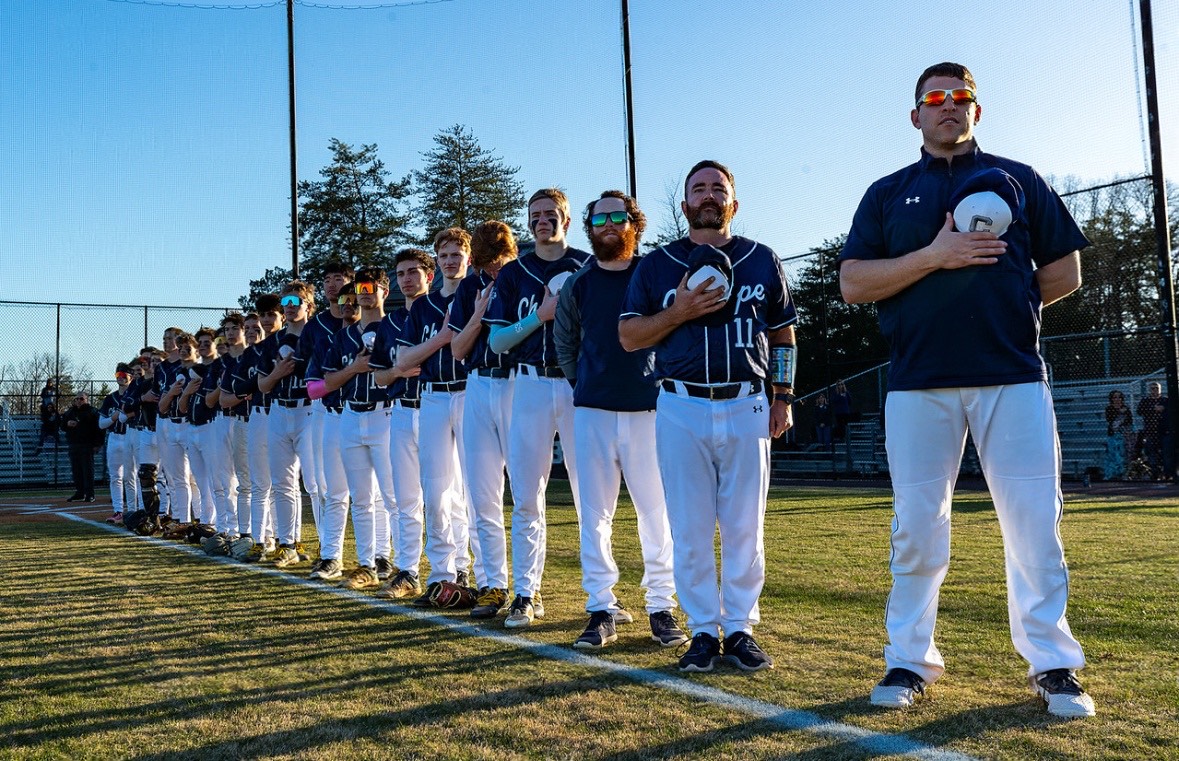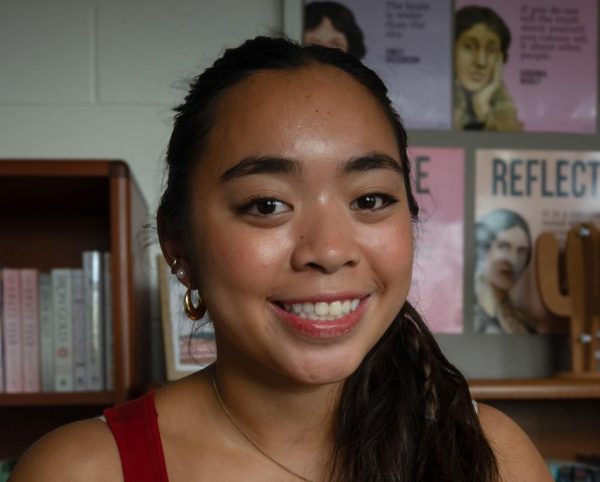Since it is the season for juniors and seniors to start looking at recruitment for colleges and start reaching out to potential college teams, the booster club has hosted an event to give helpful insight, tips and tricks, and inspiring messages to Champe athletes.
On Nov. 16th, the Champe Booster club hosted this exclusive event at Honor Brewing Company. They brought in three keynote speakers to share their experiences with athletes and their families to aid in high school sports and college recruiting. These three keynote speakers include Da’Vell Winters, a recruiting specialist at Winter’s Edge Recruiting; Many Ronay, mindset performance coach and founder of Ronay Mindset Coaching; and Shawn Springs, Former NFL player of the Commanders and father to Champe varsity football player Shawn Springs Junior.
“I think that the booster club created a great idea and event, I hope that they hold more similar events in the future,” head football coach Lee Carter said. “It was very informative for both athletes and their parents, especially if they do not know much about the recruiting process.”
Champe Rising Together gave students the chance to learn from professionals who work with a multitude of athletes and share what benefits them in this process versus what will restrain them from having a successful college career. In addition, it helps these families get to know the JCHS Athletic Community. Da’Vell Winters started off the event speeches by sharing what he has learned as a recruitment specialist. Some key points he shared included the creation of a NCAA recruiting ID which helps get players notice
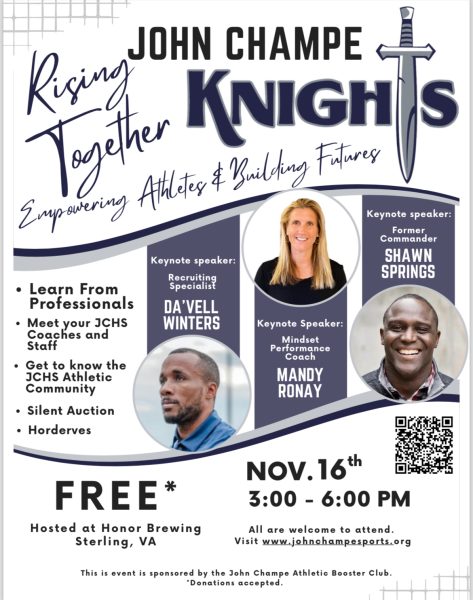
d by colleges.
“A big takeaway from the event that I learned is that it is okay to start looking at Division two or three colleges, especially if you put a big emphasis on your studies, because only 2% of all athletes go Division one in their sport,” Champe football player Elijah Marshall said. “Mr. Winters also pointed out that it is important for athletes to go to a university that has the major you’re interested in and is a good fit regardless of the sport.”
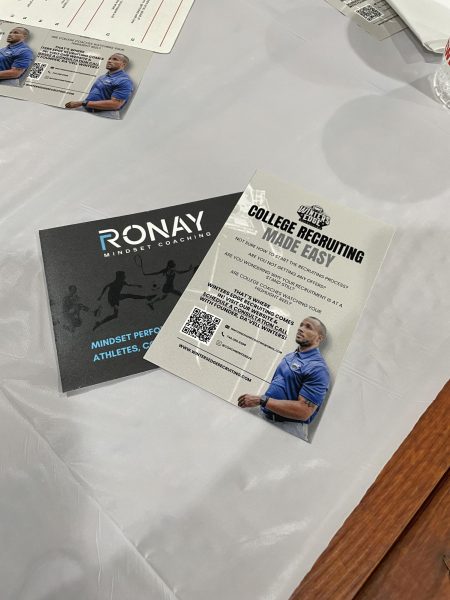
Mindset Coach, Many Ronay, followed with a conversation that sheds light on a topic that is largely overlooked in sports: mental health. She highlighted that many times it is the athlete’s mental state that determines their performance, as they can be their biggest critic. This information revealed that many struggles student athletes face are within social and mental interactions rather than physical.
“The interaction helped everyone there, both parents and athletes, even helping them connect over barriers to overcome and determine what parts of the process that parents should help in,” Marshall said. “I know a lot of my friends who are also athletes face issues like time management or keeping a positive attitude which are not physical and more to do with having to know yourself and your needs better.”
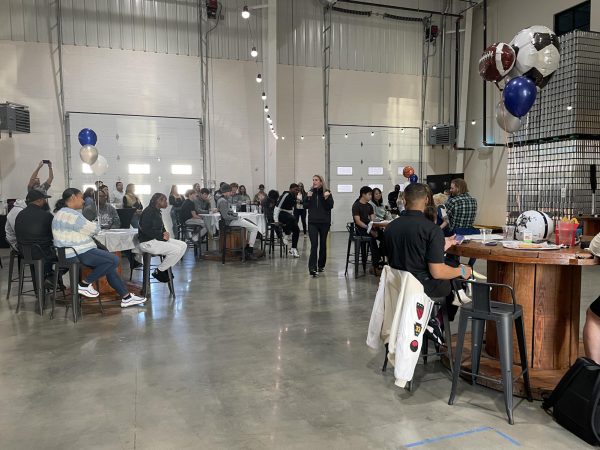
The last speech showcased Springs, retired NFL player. He shared that he has a special connection to Champe because his son is on the team and he is able to see first hand the high school sports experience for athletes in this generation. His experiences with the recruiting process gave him insight on the process that he then shared with the interested athletes at the event.
“It was great to hear my dad speak about the recruiting process and interact with others on my team,” football player Shawn Springs Jr. said. “Not all people grow up with a professional football player as a dad, I think his words really impacted other parents and student athletes.”
Not only was there the introduction of these keynote speakers, the boosters club took the opportunity of introducing many of the coaches that Champe sports has. This gave families a chance to interact and meet JCHS coaches and staff. Coaches are a large part of the recruitment process and can help in many ways to get in contact with various colleges and get the players noticed.
“Many of the Champe coaches have had college level sports experience, and all of them have past sports experience in clubs or in the high school level,” Carter said. “Asking questions and having conversations helps create better relationships between athletes and coaches.”


